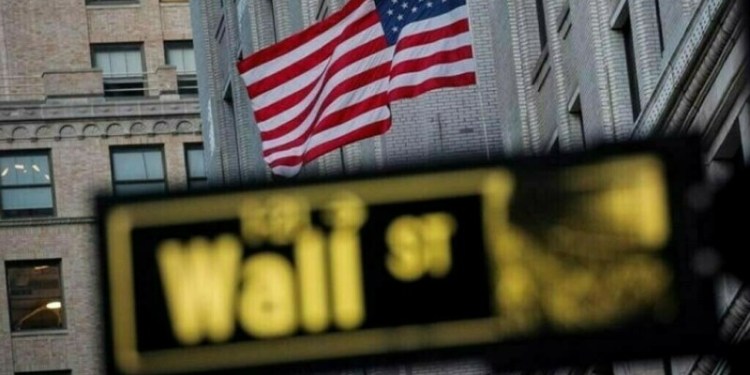LONDON: Copper prices were on track for their first weekly rise in seven weeks on Friday as investors returned to riskier assets following a brutal sell-off.
Benchmark copper on the London Metal Exchange (LME) was up 1.5% at $7,430.50 a tonne at 1614 GMT, nearly 3.5% higher this week.
But prices of the metal used in power and construction remain down more than 30% from a high in March after last week touching $6,955, the lowest since November 2020.
Industrial metals and global equities tumbled in recent months as inflation surged and central banks began rapid interest rate rises that could tip the world into recession.
But investors this week dialled back expectations for US rate rises. Global stocks are up for a sixth day and the dollar weakened from 20-year highs, helping dollar-priced metals by making them cheaper for buyers with other currencies.
“Markets are on edge with central banks so hawkish but pressure from rising rates should ease at some point,” said WisdomTree analyst Nitesh Shah.
Officials in China, the biggest metals consumer, said again they would stimulate the economy after COVID-19 restrictions caused a sharp slowdown.
Chinese demand should improve, said Shah, predicting price volatility.
“We need to break (above) $7,500 to get bullish,” said a trader in London.
The near-term economic outlook remains grim. Investors expect a 75 basis point US rate rise next week after a 50 basis point rise by the European Central Bank on Thursday.
A euro zone manufacturing downturn is accelerating and factory growth is slowing in the United States, Japan and Australia.
Miner Freeport-McMoRan said copper prices are not high enough to support new mines, which could worsen already tight supply.
But while deficits loom later in the decade, many analysts expect copper supply to rise strongly through 2023.
LME aluminium was 1.9% higher at $2,466 a tonne, zinc rose 1.9% to $2,993, nickel gained 3.4% to $22,200 a tonne, lead was flat at $2,012.50 and tin was up 0.3% at $24,910 a tonne.
All were headed for weekly gains.
Source: Brecorder

























